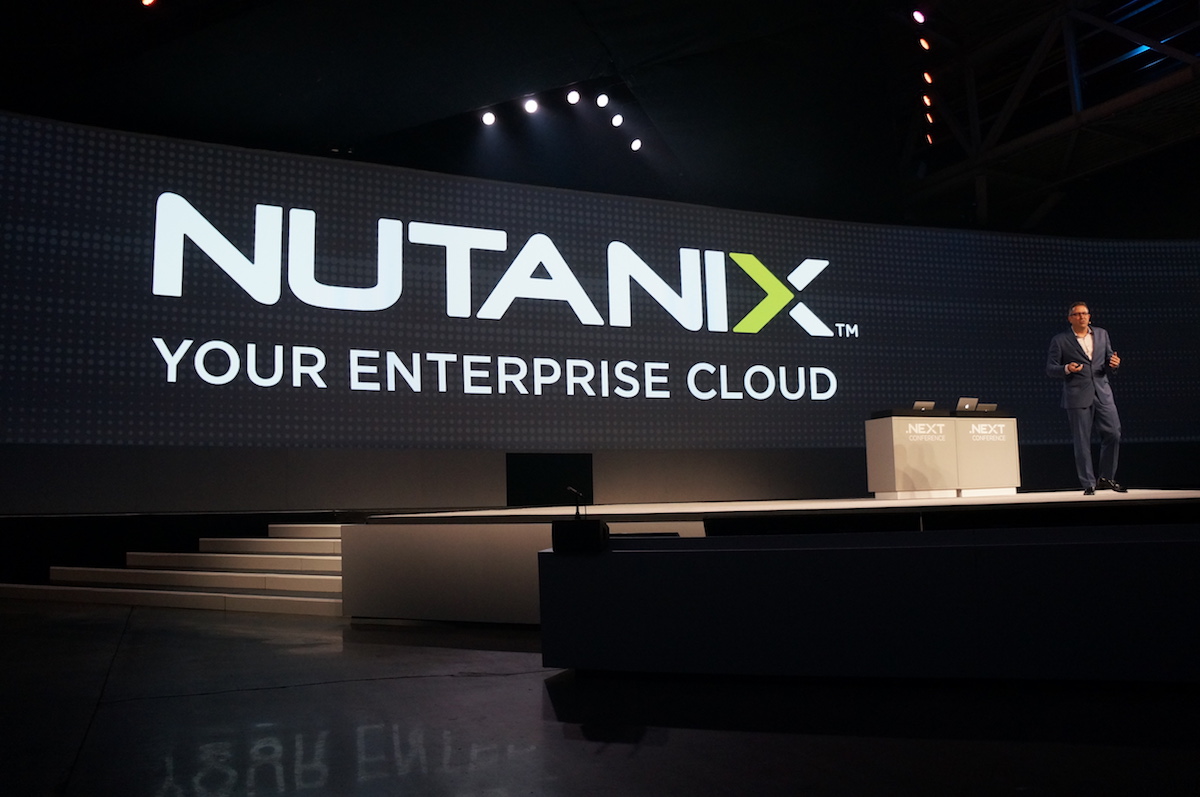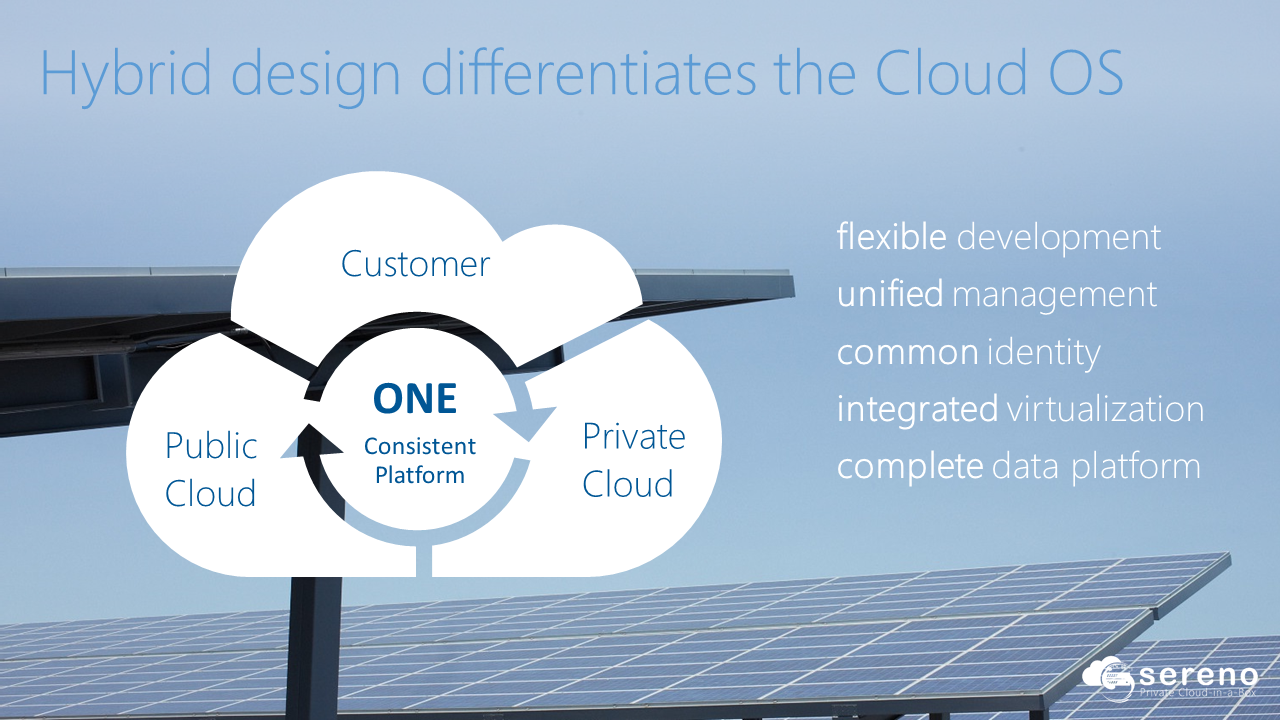
What is a private cloud?
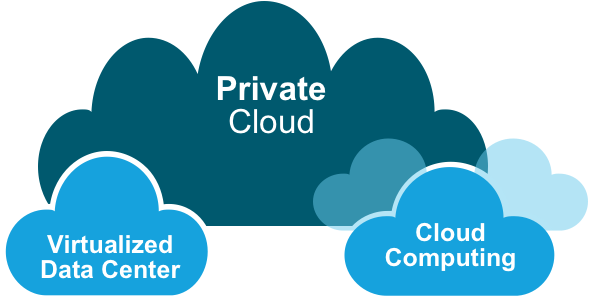
A private cloud consists of computing resources used exclusively by one business or organization. The private cloud can be physically located at your organization’s on-site datacenter, or it can be hosted by a third-party service provider. But in a private cloud, the services and infrastructure are always maintained on a private network and the hardware and software are dedicated solely to your organization. In this way, a private cloud can make it easier for an organization to customize its resources to meet specific IT requirements. Private clouds are often used by government agencies, financial institutions, any other mid- to large-size organizations with business-critical operations seeking enhanced control over their environment.
Advantages of a private clouds:
- More flexibility—your organization can customize its cloud environment to meet specific business needs.
- Improved security—resources are not shared with others, so higher levels of control and security are possible.
- High scalability—private clouds still afford the scalability and efficiency of a public cloud.
What is a hybrid cloud?
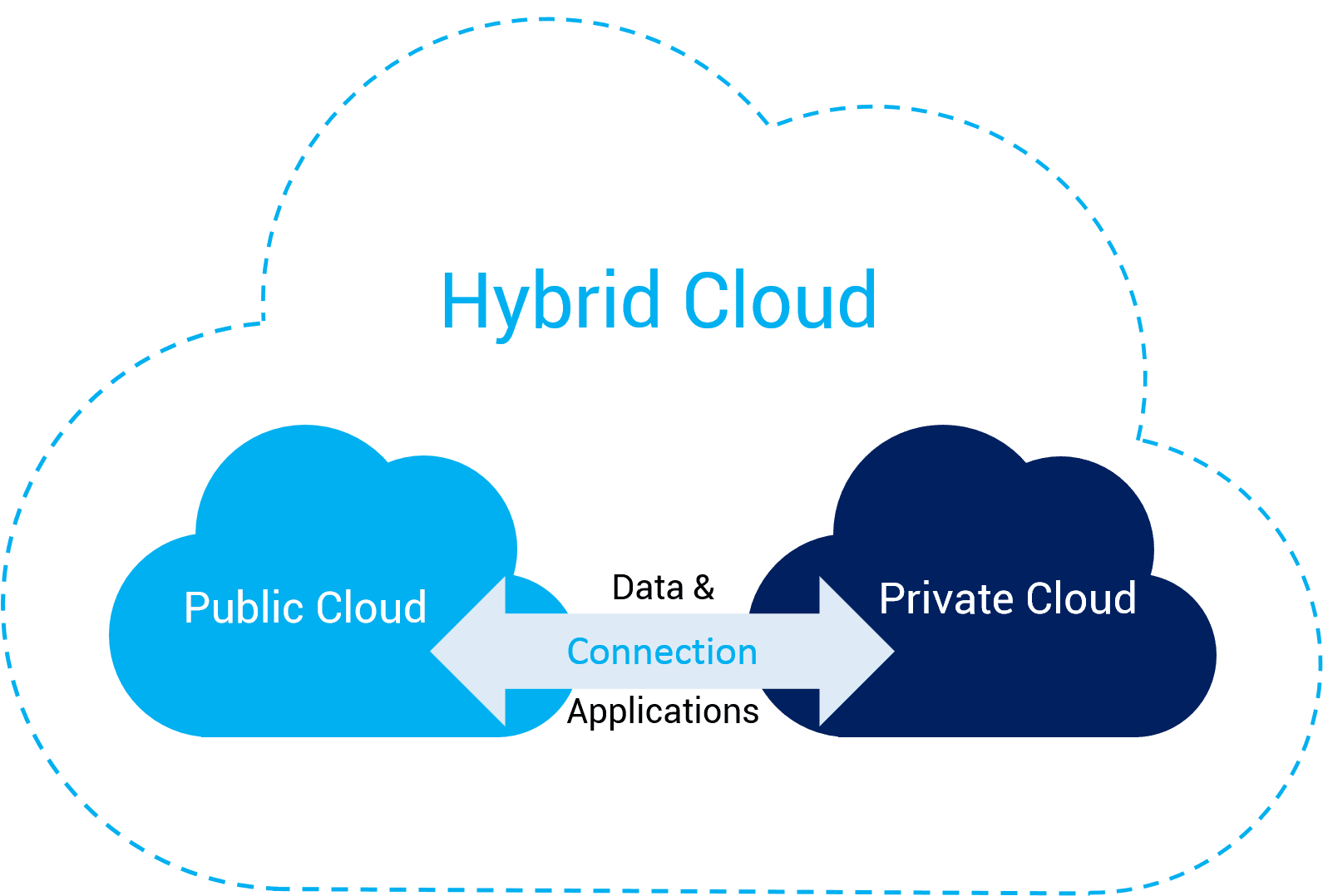
Often called “the best of both worlds,” hybrid clouds combine on-premises infrastructure, or private clouds, with public clouds so organizations can reap the advantages of both. In a hybrid cloud, data and applications can move between private and public clouds for greater flexibility and more deployment options. For instance, you can use the public cloud for high-volume, lower-security needs such as web-based email, and the private cloud (or other on-premises infrastructure) for sensitive, business-critical operations like financial reporting. In a hybrid cloud, “cloud bursting” is also an option. This is when an application or resource runs in the private cloud until there is a spike in demand (such as seasonal event like online shopping or tax filing), at which point the organization can “burst through” to the public cloud to tap into additional computing resources.
Advantages of hybrid clouds:
- Control—your organization can maintain a private infrastructure for sensitive assets.
- Flexibility—you can take advantage of additional resources in the public cloud when you need them.
- Cost-effectiveness—with the ability to scale to the public cloud, you pay for extra computing power only when needed.
- Ease—transitioning to the cloud doesn’t have to be overwhelming because you can migrate gradually—phasing in workloads over time.
HPE - Hybrid Cloud Solution
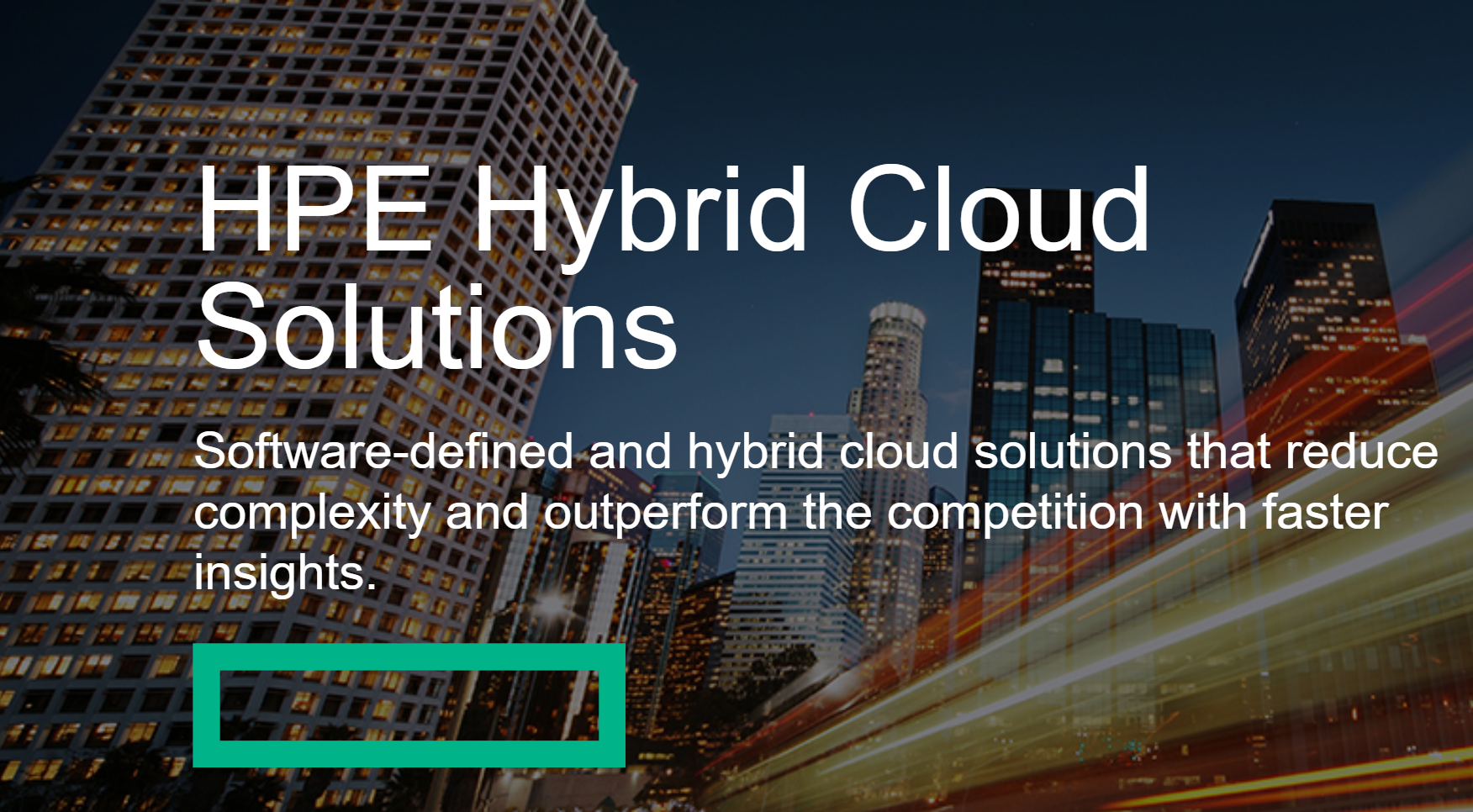
Accelerate Business Innovation
Digital transformation is driving businesses to innovate with hybrid cloud. To accelerate transformation, you need to have a cloud experience on premises. And to get that cloud experience, you need a partner with private cloud solutions that can help you drive the speed and efficiency your business demands—so you can focus more on innovating.
Flexible and Open Cloud Experience on Premises
HPE private cloud solutions bring together IT automation, AI-driven operations, and compliance with leading cloud stacks so you can compose any workload, any service, all while reducing infrastructure cost and complexity.
Click "more" as below for more in detail.
Nutanix - Your Enterprise Cloud
Nutanix is most useful for organizations that are setting up private or hybrid cloud environments and that are willing to invest in hyperconverged infrastructure. For those firms, Nutanix can be top choice.
The Nutanix Enterprise Cloud is software-defined infrastructure (compute, storage, networking and security) that runs on hyperconverged infrastructure (HCI). It includes several different components: Acropolis (SDS, data protection and virtualization), Prism (application and infrastructure management), Calm (application automation and lifecycle management), Flow (virtual networking), Beam (multi-cloud optimization) and Xi Cloud (extends Nutanix capabilities into the public cloud).
Customers can purchase pre-configured Nutanix NX appliances, buy pre-configured appliances from other manufacturers, or deploy the software on validated third-party servers. The company says that the platform simplifies IT management and can lower costs by up to 60 percent. It is useful for setting up private clouds. Click "more" as below for more in detail.

